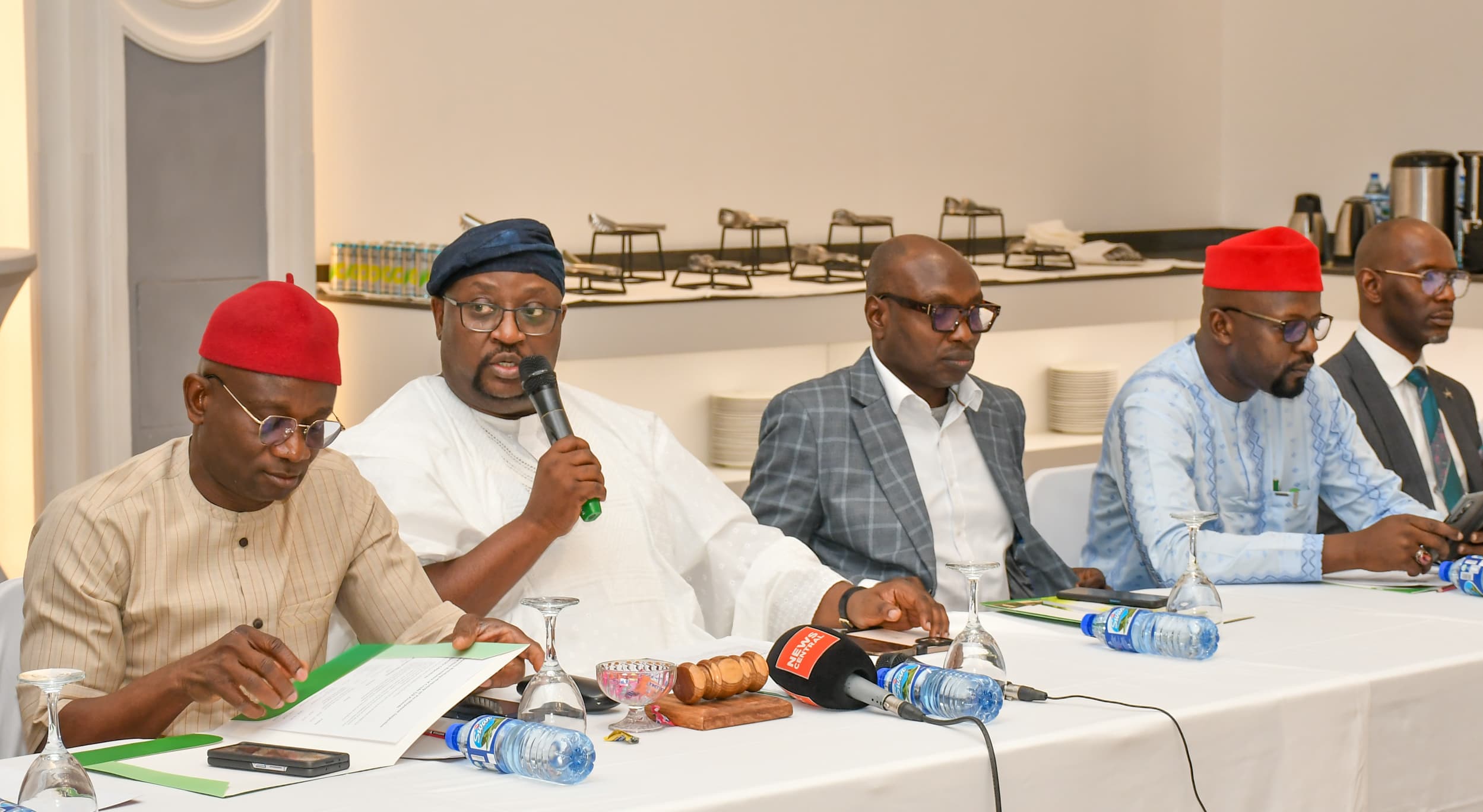The House of Representatives’ Ad hoc Committee on Pre-Shipment Inspection Failures and Non-Remittance of Crude Oil Proceeds has vowed to end impunity and plug revenue leakages in Nigeria’s oil and non-oil export sectors by introducing digital tracking for every exported barrel.
The commitment was made by the committee’s Chairman, Rep. Seyi Sowunmi, at the opening of a capacity-building workshop for committee members in Abuja on Tuesday.
Sowunmi stressed that Nigeria loses billions of naira annually due to gaps in pre-shipment inspections and poor enforcement of export regulations. “These losses are not just numbers they represent hospitals, schools, roads, and other critical infrastructure that could have been delivered to citizens,” he said.
The committee, he explained, was established in response to mounting evidence of systemic exploitation in crude and non-oil export chains. “Our mission is national reform, not a witch-hunt,” Sowunmi emphasized.
He outlined a plan to scrutinize the entire export value chain, from crude oil flows to financial repatriation, using a transparent, data-driven system. “For the first time, we are bringing digital tracking and accountability to every barrel exported. Every dollar must be accounted for,” he said.
The ongoing workshop, Sowunmi added, aims to equip lawmakers with technical skills to analyze export data, maritime operations, and financial intelligence. Specialists in trade compliance, forensic auditing, and international oil transactions are leading the sessions.
“This initiative is an investment in competence, credibility, and national integrity. We welcome public scrutiny because democracy thrives when citizens are informed and engaged,” he stated.
Speaking at the workshop, Rep. Peter Aniekwe warned that efforts to enforce transparency would face resistance from vested interests. “Pushback is expected, but we must remain steadfast. Nigeria’s future depends on these revenues, and ultimately, Nigerians will benefit from our work,” he said.
The committee’s call for full digitalization and strengthened legislative oversight signals a bold step toward curbing corruption, ensuring natural resource revenues reach the Nigerian people, and ending the long era of unaccounted exports.

